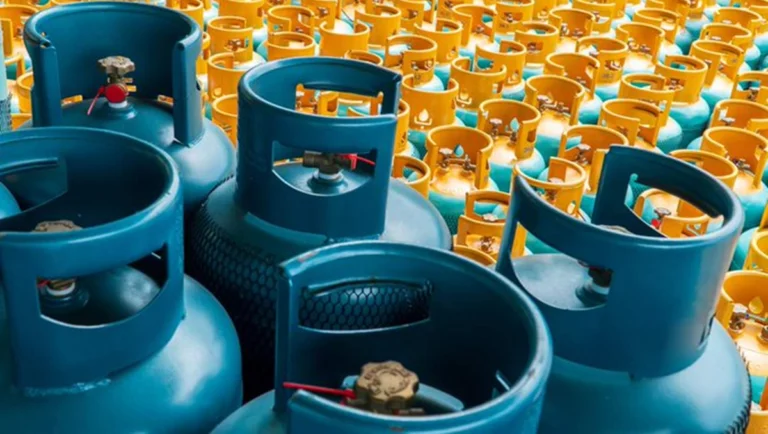OPEC’s Pursuit of Clean Cooking for All: The Role of Liquefied Petroleum Gas

X/ @News24_Business
By: HE Haitham Al Ghais
July 21, 2025 Hour: 11:36 am
The importance of LPG in achieving the UN’s Sustainable Development Goal 7 has been emphasized by a range of actors.
It is a statistic that is both unsettling and shocking. Roughly a quarter of the world’s population, about 2.1 billion people, depend on polluting fuels for cooking. Inefficient cooking fuels pose major health risks, leading to diseases and deaths.
RELATED:
9th OPEC International Seminar: TeleSur and Its Role in Energy Information
Household air pollution is responsible for around 3.2 million deaths per year. The solution to overcoming this tragic challenge is clear: upscaling clean cooking fuels.
The World Health Organization (WHO) has issued guidelines on what constitutes a clean fuel. For cooking, it is a fuel or technology that attains the fine particulate matter and carbon monoxide levels recommended in the WHO’s global air quality guidelines. Examples include solar power, biogas, natural gas, and liquefied petroleum gas (LPG).
The importance of LPG in achieving the UN’s Sustainable Development Goal 7, part of which aims to achieve universal access to clean cooking by 2030, has been emphasized by a range of actors. Indeed, LPG is regarded as the primary solution to attaining that goal and increasing access to LPG stoves and cannisters has been critical in progress achieved to date.
The benefits of LPG are clear. Using LPG directly emits half the greenhouse gas (GHG) emissions, on average, compared to the traditional use of biomass. LPG stoves are also convenient, easily transported and have high energy efficiency.
LPG is produced by the oil and gas industry and around 60% of the total amount of LPG produced globally is recovered directly from oil and gas fields. Throughout the oil refining process, there are also various stages when LPG is produced, for example, during atmospheric distillation, reforming and cracking. At a global level, approximately 40% of LPG is a byproduct of oil refining.
In its contributions to the Roadmap for Brazil’s G20 Presidency on a Clean Cooking Strategy in 2024, as well as to the work of the current South African G20 Presidency on the topic, OPEC has highlighted the role that LPG can play in improving living and health standards and reducing GHG emissions.
The Organization advocates for policies and programmes to promote, finance and implement projects that expand the utilization of LPG across regions and countries. OPEC Member Countries have been playing a significant role in this area through initiatives such as the ‘Oil Sustainability Program’ and the ‘Clean Cooking Roadmap’.
As LPG production is integrated with the oil and gas industry’s production chain, meeting an expansion of LPG demand requires oil market stability. LPG demand is projected to increase by 1.4 million barrels per day (mb/d) between 2024 and 2050, reaching over 11.7 mb/d by 2050.
This underscores the broader context of the need for more investment in the oil and gas industry, given the central role of petroleum and petroleum-derived products like LPG for so many aspects of modern life. OPEC has consistently called for timely and adequate investments in the oil industry.
Our recently published World Oil Outlook 2025 estimated that required cumulative investments in the oil industry amount to US$18.2 trillion by 2050. These investments will be crucial in ensuring energy security and alleviating energy poverty. LPG as a product can be vital in ensuring the most vulnerable members of society are looked after. It can be lifesaving.
Hopefully, in 2030 the world can celebrate the achievement of universal access to clean cooking fuels and technologies. LPG, and the oil and gas industries, will be instrumental in making this vision a reality.
Author: HE Haitham Al Ghais, OPEC Secretary General
Source: OPEC
The opinions expressed in this section do not necessarily represent those of teleSUR

